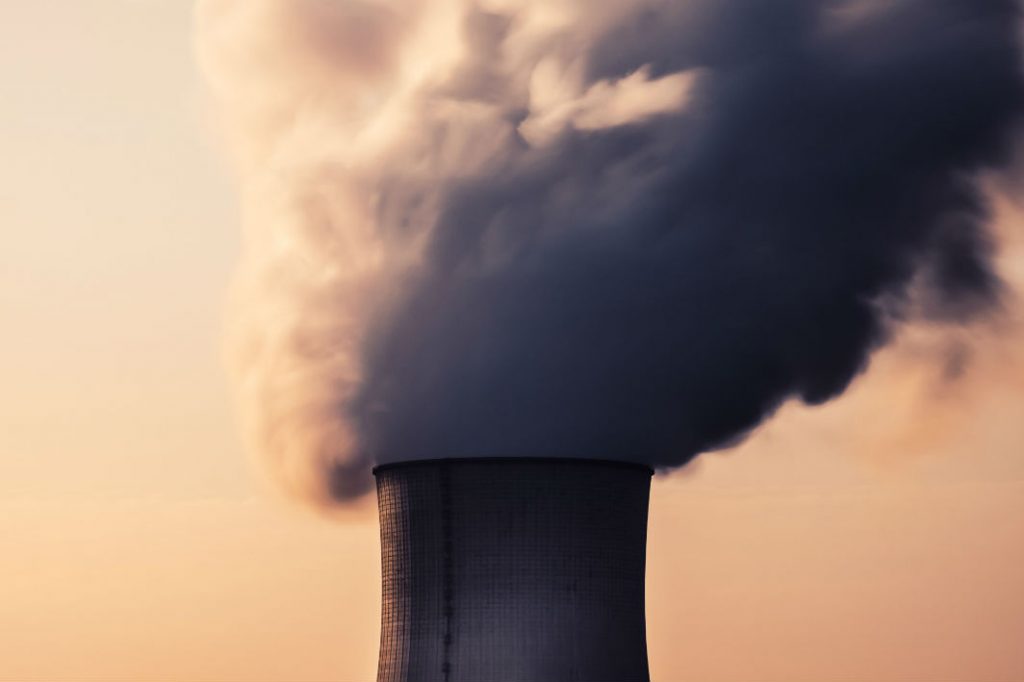Over a third of world’s largest companies do not fully disclose their GHG emissions
Over a third of the world’s 200 largest companies do not fully disclose their greenhouse gas emissions (GHG), according to new analysis released this week.
A new data tool launched by Arabesque S-Ray assesses how nearly 3,000 companies worldwide are reporting greenhouse gas emissions and contributing to global warming – revealing ‘a lack of transparency and urgency from companies across all market sectors’.
The analysis shows that 52 of the world’s largest 200 companies by market cap do not fully disclose both Scope 1 emissions, accounting for the direct emissions from companies, and Scope 2 emissions, accounting for the indirect emissions from purchased electricity. 78 out of those 200 companies also do not report their Scope 3 emissions, which includes all other indirect emissions that occur in a company’s value chain.
The report also shows that whilst just over half of companies (53%) covered have a near term score that aligns with the most ambitious Paris Agreement goal of keeping global temperature rise to 1.5°C, only a fifth of companies (20%) are expected to remain on this pathway by 2050 without taking drastic steps to reduce GHG output.
Further analysis shows that almost a tenth (9 percent) of companies that support the Task Force on Climate-related Financial Disclosures (TCFD) – which seeks to develop recommendations for voluntary climate-related financial disclosures – do not fully report their emissions.
Yolanda Kakabadse, former President of the World Wildlife Fund (WWF) International, said: “The climate crisis is not a problem that can be put off for a few years. It is here and now, as we can see with extreme events such as the increasing frequency of droughts and floods all over the world. As corporations are responsible for a significant proportion of GHG emissions, the private sector has a crucial role to play in helping to avoid the worst scenarios of global warming. Tools such as the Temperature Score are invaluable in shining more light on the leaders and laggards in emissions reporting, which will be to the benefit of all.”

